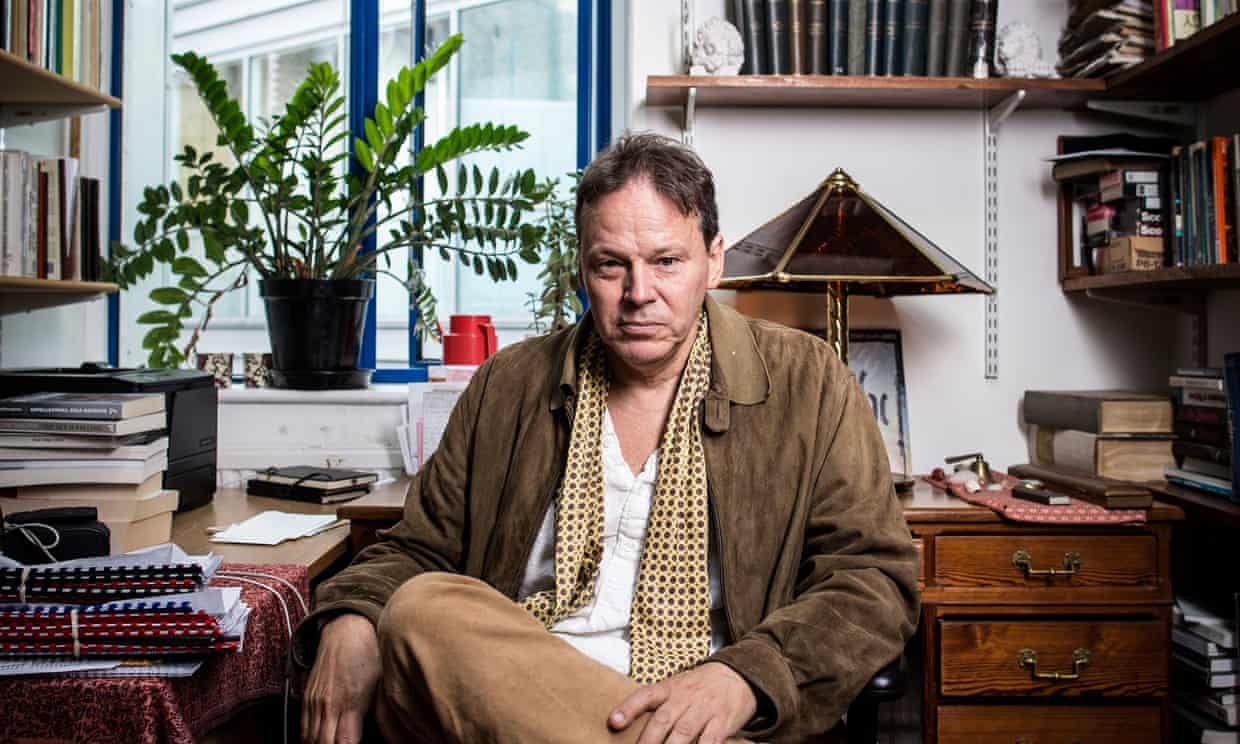An archaeologist and an anthropologist dismantle received wisdom about the way early societies operated
By David Priestland, October 23, 2021
istory matters. As we debate statues and slavery and dispute the role of empire, we have become accustomed to constant sparring over the past. But there is one branch of history that has, so far, remained above the fray: the story of our very early past, the “dawn” of humanity. For the anthropologist David Graeber and archaeologist David Wengrow, this consensus is a problem. As they argue in this iconoclastic and irreverent book, much of what we think we know of this distant era is actually a myth – indeed it is our origin myth, a modern equivalent of Adam and Eve and the Garden of Eden. At its core is a story of the rise of civilisation and, with it, the rise of the state. Like all origin myths, this narrative has enormous power, and its reach and resilience are preventing us from thinking clearly about our present crises.
This myth, they argue, can be found on the shelves of every high-street and airport bookshop, in super-sellers such as Yuval Noah Harari’s Sapiens, Jared Diamond’s The World Until Yesterday and Francis Fukuyama’s The Origins of Political Order. All of these books share a common assumption: as societies become larger, more complex, wealthy and “civilised”, they inevitably become less equal. Early humans, it is said, lived like the foragers of the Kalahari, in small, mobile bands that were casually egalitarian and democratic. But this primitive idyll or Hobbesian hell (views differ) disappeared with settlement and farming, which required the management of labour and land. The emergence of early cities, and ultimately states, demanded even steeper hierarchies, and with them the whole civilisational package – leaders, administrators, the division of labour and social classes. The lesson, then, is clear: human equality and freedom have to be traded for progress.
Graeber and Wengrow see the origins of this “stagist” narrative in Enlightenment thought, and show that it has been so persistently appealing because it can be used by radicals as well as liberals. For early liberals such as Adam Smith, it was a positive story that could be deployed to justify the rise in inequality brought by commerce and the structure of the modern state. But a variation on the story, put forward by philosopher Jean-Jacques Rousseau, proved just as useful to the left: in the “state of nature” man was originally free, but with the coming of agriculture, property and so on, he ended up in chains. And Friedrich Engels fused Rousseau’s “noble savage” fable with Darwinist evolutionary ideas, to produce a more optimistic Marxist narrative of historical progress: primitive communism is superseded by private property and states, and then by a modern, proletarian communism.


